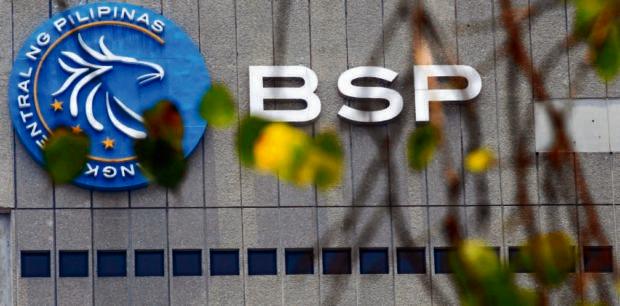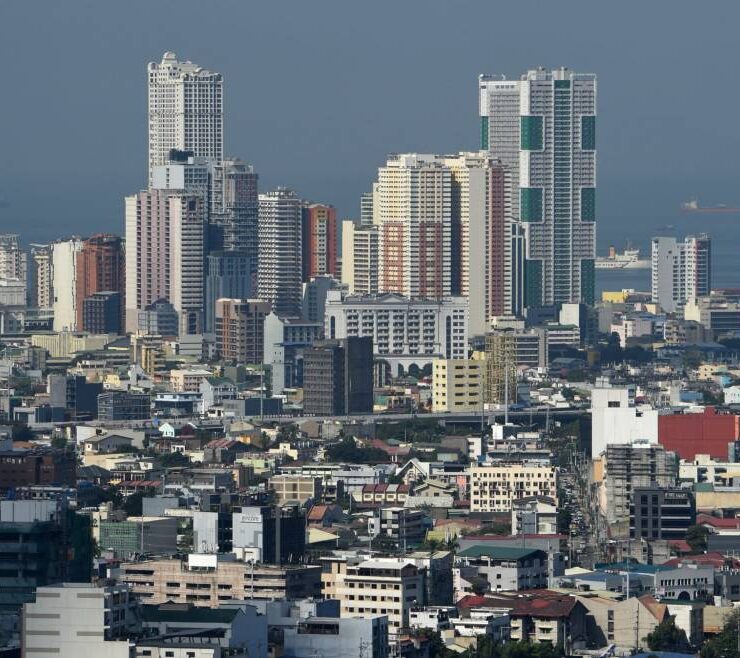ANZ: Economy might have to wait longer to feel rate cut benefits

The need for households to replenish their savings first before stepping up discretionary spending might delay the benefits of lower borrowing costs on consumption and the overall economy, ANZ Research said.
In a report, Sanjay Mathur, economist at ANZ, said the decision of the Bangko Sentral ng Pilipinas (BSP) to kick off its easing cycle would bring “some gains” to the consumption-reliant economy, but “not instantaneous” as consumers might defer some nonessential spending to rebuild their pandemic-hit balance sheets.
Though postpandemic job creation had been fast especially in formal sectors, Mathur said the majority of new employment was low-paying, making it difficult for Filipinos to keep up with high inflation and save money,
“The proportion of households with savings has recently improved but remains short of prepandemic levels,” the ANZ economist said. “Until households rebuild their savings to desired levels, the propensity to consume will be suppressed.”
At its Aug. 15 meeting, the policy-making Monetary Board (MB) slashed the benchmark rate by 25 basis points (bps) to 6.25 percent. That kicked off what Governor Eli Remolona Jr. had called a “calibrated” easing cycle while hinting at another cut of the same size either at the October or December meeting of the MB.
Banks use the policy rate of the BSP as a guide when charging interest rates on loans. By bringing down borrowing costs, the BSP wants to stimulate bank lending to boost consumer spending and private investments.
While the lower interest rates would help, ANZ’s Mathur said a less restrictive monetary policy “will not be a complete and immediate panacea” for anemic domestic demand.
He added that the “incomplete transmission of previous hikes” would also limit the pass-through effects of the rate cuts on the real economy. At the same time, the rising share of time deposits—a longer time fixed rate liability—would prompt banks to not immediately cut rates.
“In order to protect net interest margin, these (time) deposits will first need to mature,” Mathur said.
The decision of the BSP took into account its outlook for inflation to start a downtrend in August amid lower tariff rates on rice, a major food staple for Filipino households.





















